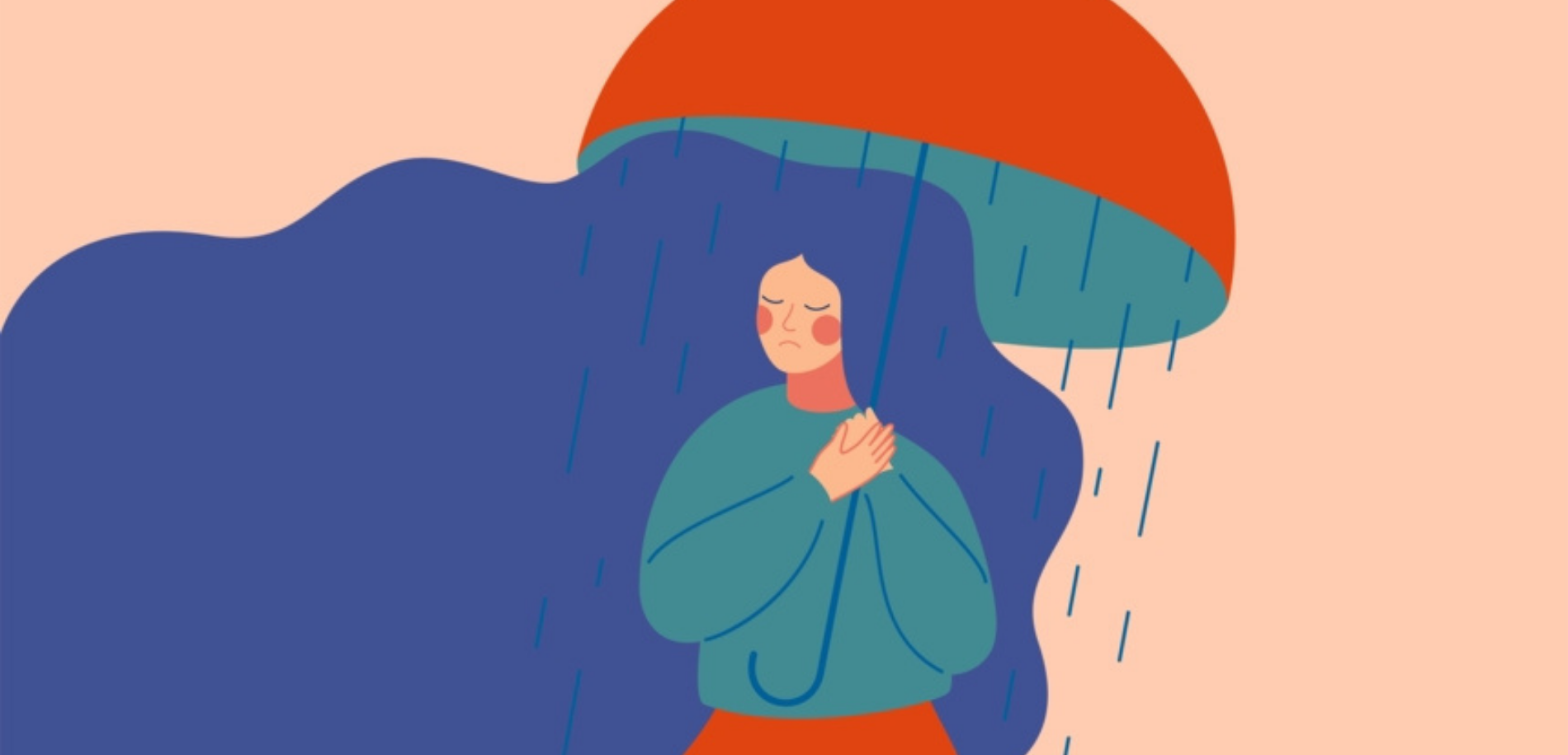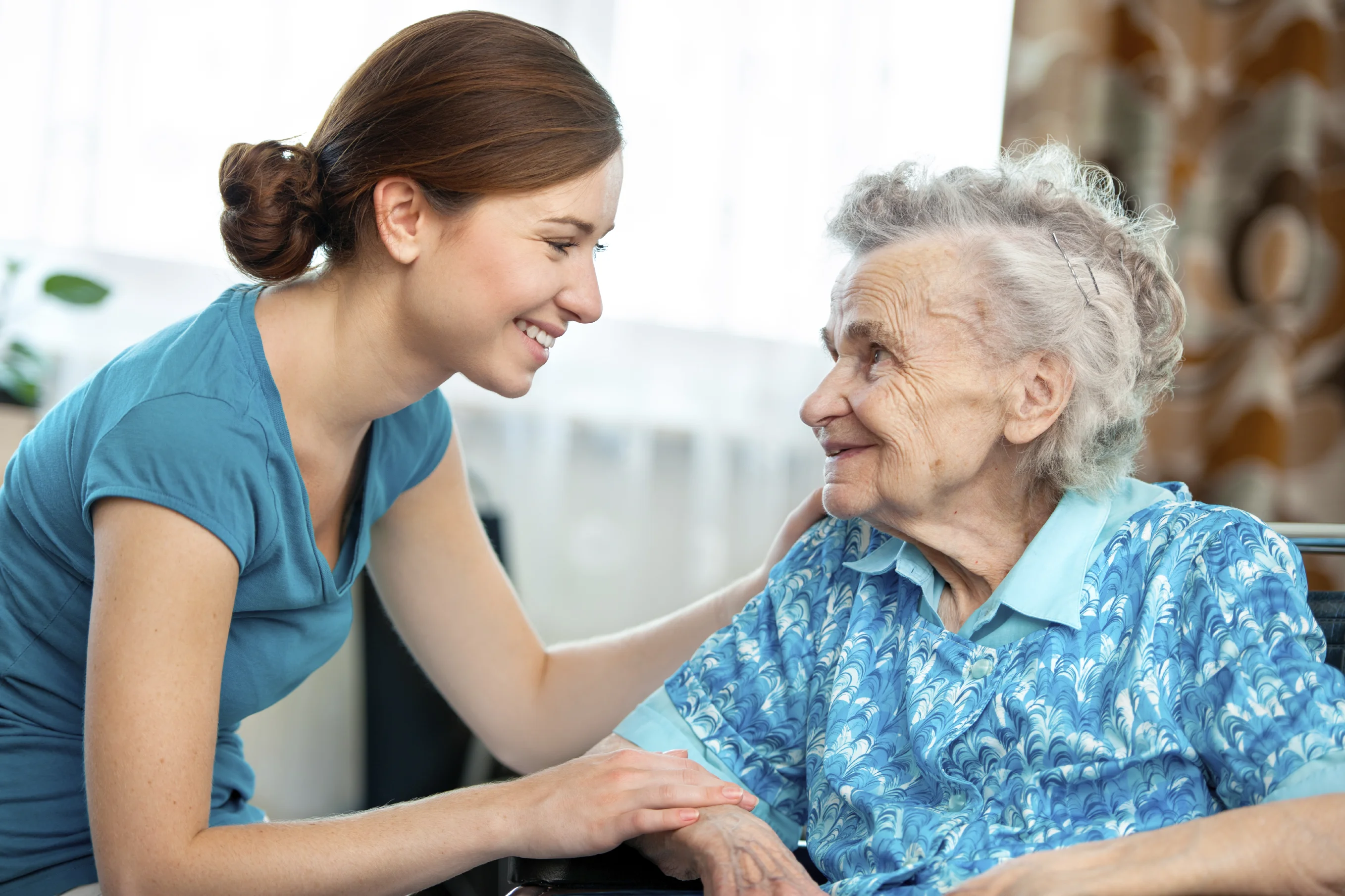Mélanie Vachon is a professor in the Department of Psychology at UQAM, researcher at the Réseau québécois de recherche en soins palliatifs et de fin de vie (RQSPAL) and at the Centre for Research and Intervention on Suicide, Ethical Issues and the End-of-Life Practices (CRISE). Today, she shares her expertise to answer questions on pandemic grief.
Can you define the concept of grief?
It is defined by the three following aspects:
1. Grief is a series of responses
Following the loss of a loved one, we experience physical responses (numbness, slowness, restlessness, etc.) and emotional responses (sadness, anger, feelings of injustice, etc). Among all of this, there can also be confusion, eating difficulties, going back to everyday life, and more.
2. Grief is a process
You should know that the stages of grief are not experienced the same way by everyone. They do not have a specific sequence or end. A person may break down early in their grieving process, then feel numb for a while, as if they were on autopilot, then feel a great wave of sadness again and break down again … or not. Another person may not experience emotional numbness…
So, I prefer to talk about a process of fluctuations. It is characterized by oscillations between our grief, the memory of our life before and the loss experienced by the absence of a loved one. Everything is gradually returning to normal. Our life goes on, and we have to learn to live without the other. Over time you get better, although you will still experience a lot of ups and downs.
3. Grief is a form of work
We often speak of “grief work.” What is the main task of the bereaved in reality? It is about transforming the relationship they had with the deceased. They must move from a concrete, real relationship, anchored in everyday life to a rather symbolic relationship, anchored in memories.
It is possible to continue to love a deceased person. The fact that we cannot love that person in a tangible manner does not mean that our love is dead. In addition, if the person died loving us, we feel that they will continue to love us, somewhere, somehow, even if they are no longer here with us. So, we do not lose this love. What we lose is the physical presence. We must learn to live with this transformation of the relationship.
Why is grief different in the context of a pandemic?
Generally, in the context of a pandemic, the support for patients at the end of life is provided according to public health measures and not according to the values of the people who die and those of the people who survive. Grief is therefore also affected.
My previous research shed light on the fact that when one of our loved ones is at the end of their life or is ill and that we are at their bedside, accompanying their suffering and providing them the death circumstances they desire, it helps us through our grief. In such case, even if the other is gone, you tell yourself: “I gave everything I had, I did my best. We went through it together. I was there to the end.”
However, in the context of a pandemic, this is not possible. As a result, what characterizes grief in the context of a pandemic is the loss of contact. Due to public health measures, in some cases, there are sick people or people residing in a care facility and caregivers who have not seen each other for weeks or even months, whereas they were seeing each other every day before.
In some cases, people could not even see the person one last time before their death. They may have done it through Skype or spoken to them on the phone, but they could not be there physically. There is emotional suffering in this inconsistency. It can create regret, frustration and guilt for many people.
How may not seeing the body of a deceased loved one affect our grief?
Indeed, in the context of pandemic grief, we do not see the body of the deceased. Often, patients—especially those who died from COVID—have been cremated, regardless of their last wishes. Some relatives may have had the opportunity to organize intimate funerals, while keeping a distance of two metres. It then becomes an event filled with constraints: we cannot touch each other, we cannot hug each other, we cannot invite everyone we wish to see…
Yet, what is important in a ritual like funerals is that people come to offer us their condolences. The message they send is, “I recognize your pain and I am here for you. I share your pain and show you that you are important to me.” It is very powerful. They are present in the face of the other’s suffering. It is a form of social acknowledgment, a very important form of recognition of the grieving process.
The pandemic has forced us to isolate ourselves. So there has been little recognition in this sense. In addition, all the deaths were included in a pool of statistics: grief has been trivialized. What is more ordinary than having lost your grandparents in a CHSLD over the last year? It is not acknowledged that loss is even more difficult during the pandemic.
Moreover, there are those who are still waiting to arrange funerals, because they did not have the opportunity to do so. This specific situation creates unresolved grief. The grieving process cannot really begin, because the most important steps are missing.
We no longer talk about needs or values…
Values are important, because they make sense of all this. They are at the core of the issue of pandemic grief, because without them people experience regret, guilt and confusion.
It also creates the feeling that the death is more or less real. There are people who have a hard time processing everything that has happened. They misunderstand, they have received little or no information about the circumstances of their loved one’s death.
For others, end-of-life care was provided very quickly to their loved one, in an attempt to avoid complications. These people did not have time to prepare for it and figure out what was going on… They cannot easily turn the page.
Can we prevent the turmoil caused by pandemic grief?
Certainly, yes. To counter the isolation and non-acknowledgment of grief, we must set up virtual communities, organize events, etc.
To illustrate my point, I often say that trying to grieve during the pandemic is a bit like trying to find the meaning of a story in which the two or three most important chapters are missing. Therefore, allowing people to tell their stories while giving them space, recognizing their loss can help them a lot.
How to help a person who is grieving, especially in the pandemic context?
Overall, we recommend:
1. Listening
If the person needs to cry and talk, to express the regret and guilt they are experiencing, you have to accept this story and allow them to tell it.
2. Constant presence
People are often going to be very, very present at the beginning, in the days following the death of a loved one. Then the support fades. The grieving person, who has to face the fact of having to live without the other, is on their own.
3. Concrete help
We must help the grieving person organize their daily life, their meals, etc. Some people will have difficulty sleeping, eating, returning to work… So any concrete support can be very helpful.
Talking about death can make us feel uneasy. Does the pandemic force us to face this issue?
Absolutely. At least, it brought the issue to light. Because we come back to the need to listen to the grieving person, even if it is uncomfortable. Suffering is part of life, of being human. We do not glorify it: we recognize it and we learn to live with it. Again, recognition is what makes a person able to begin their grieving process.
How do we know if our grief is becoming pathological?
In the early days, we may have a few good days as well as a few bad days, during which we do not eat, sleep or simply do not feel good… But if things get better then, everything is fine; normal. Because, normally, we have ups and downs. For the most part, people say they go back to living normal lives after three months, even though they may still have a bad day once in a while.
However, if after several weeks you still have difficulty functioning, that is, difficulty eating, sleeping, taking care of your children, etc., it might be appropriate to seek professional help. If, over the following weeks or months, your distress remains the same and you are as unwell as you were during the first week, this may be a sign that you need additional support.
Can you say a few words about J’accompagne?
Essentially, this is a research project that is both participatory and creative. That is to say, we do not do research about the bereaved, we do research with the bereaved, for the bereaved.
The people who participate in our research project are experiencing pandemic grief. We did a first interview with them and we kept in touch with them. After 3 months, 6 months and 12 months since the death of their loved, we send them our condolences, we acknowledge their grief, we suggest meetings.
People are also asked to carry out a creative project. It could be a photo or anything related to their grieving process. Then, they share it. There is support that comes naturally from all of this.
In addition, we have set up a community, comprised of social workers, community, health or private networks, so that people can communicate.
We try to be as accurate and relevant as possible in our references. We also do training on pandemic grief for front-line workers. We want to help them better understand the peculiarities of this type of grief. Behind this project is the desire to make the topic of grief less taboo in our social sphere.
Are you grieving? We can help you.
Several resources exist to support you during this period of great suffering:
- The comprehensive resource directories for the J’accompagne project are updated on its website (French only);
- You can also write to Professor Vachon to share your testimony, ask for support or ask her a question using the contact form, which you will find on jaccompagne.ca;
- In Quebec, Le Deuil crisis line is offered free of charge, 365 days a year, from 10 am to 10 pm at 1 888 533-3845.
- The MyGrief.ca website compiles numerous testimonies and offers a list of resources to help better understand and overcome grief.
- And, of course, Caregiver Support remains available, 7 days a week, from 8 am to 8 pm, by phone, at 1 855 852-7784, or by email .








